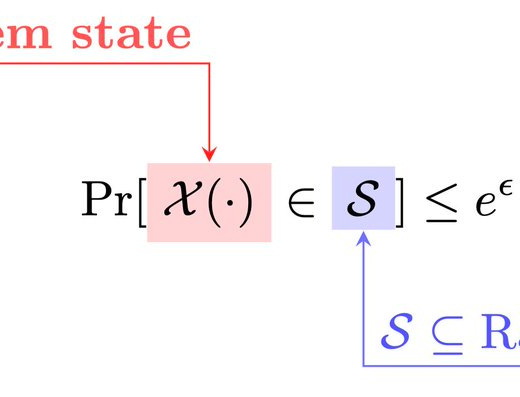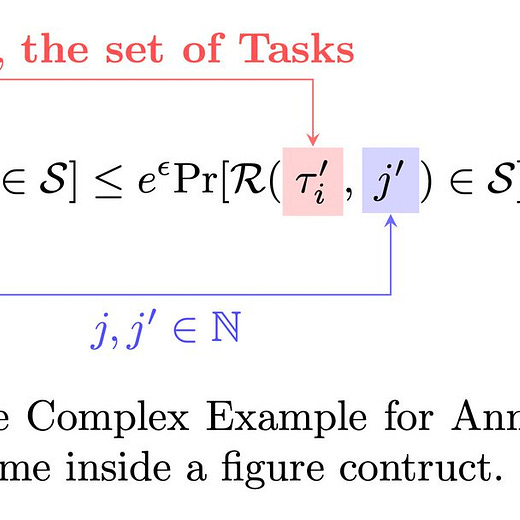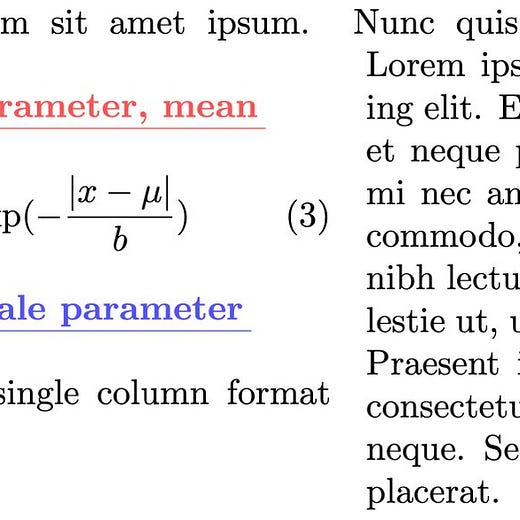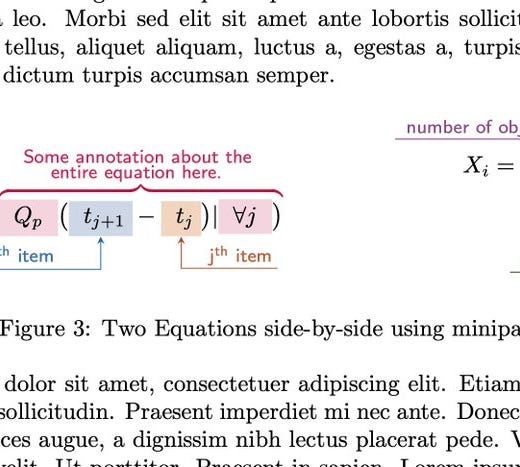Best of #econtwitter - Week of January 16, 2022 [2/3]
Jan 18, 2022
Welcome readers old and new to this week’s edition of Best of Econtwitter. Thanks to those sharing suggestions, over email or on Twitter @just_economics.
This is part two of three. Part one is here and part three is here.
Paper summary threads

Jessica Leight@leightjessica
Paper analyzes editor decisions and reviewer recs at JHR to analyze how match and connectivity between author/editor and author/referee affects decisions of about 8,000 papers.
2:26 PM · Jan 10, 2022
3 Likes

Jessica Leight@leightjessica
Given very rich data they’re able to use a very restrictive specification: editor FE (comparing across decisions by the same editor), referee FE (comparing across papers refereed by the same person), paper FE (comparing across multiple referees for same paper).
2:26 PM · Jan 10, 2022
3 Likes

Jessica Leight@leightjessica
They find significant evidence of matching. For editors: authors w/links to editor via same PhD institution, past employment (previously colleagues), shared NBER affiliation, shared coauthors significantly less likely to be desk-rejected.

2:26 PM · Jan 10, 2022
1 Repost · 6 Likes

Jessica Leight@leightjessica
For reviewers: same PhD and previously colleagues more likely to receive positive assessment, relationship for NBER is imprecise; not too much evidence of positive effect of shared coauthors (degrees of separation)

2:26 PM · Jan 10, 2022
2 Likes
^positive not normative analysis of course

Robert Dur@DurRobert
Empirical macroeconomics:
🔹in 1980: 75% Time series analysis, 25% Applied micro methods
🔹in 2018: 35% Time series analysis, 65% Applied micro methods
Macroeconomic Research, Present and Past: nber.org/papers/w29628 by @pjglandon, @smazumder1 et al.
Forthcoming in JEL


7:33 AM · Jan 10, 2022
111 Reposts · 374 Likes

Michael Nielsen@michael_nielsen
The evolution of top-50 keywords in edtech research over the last 20 years.
Field macroscopes are fascinating. I feel a bit like I'm looking at Robert Hooke's astounding image of a flea. I don't quite know what I'm looking at, but there's something interesting there.

Stefania Druga @Stefania_druga
(5/n) Evolution and trends of the top-50 keywords within the analyzed articles during the last 20 years https://t.co/WMsOst5z5o
5:31 PM · Jan 11, 2022
2 Reposts · 29 Likes

Vladimir Kogan@vkoganpolisci
Conclusion is both "better teaching" and "grade leniency" stories are 𝙬𝙧𝙤𝙣𝙜.
Or at least, they don't explain the relationship. Instead student evaluations seem to just measure how satisfied students are with the grade they got, regardless of why.

5:07 PM · Jan 12, 2022
3 Reposts · 22 Likes

Robert Dur@DurRobert
The double standard in punishing misconduct:
🔹Women are punished more severly than men.
🔹Ethnic minority men are punished more severly than other men.
Evidence from the financial advisory industry: journals.uchicago.edu/doi/10.1086/71… by Mark Egan, Gregor Matvos, and Amit Seru



11:22 AM · Jan 14, 2022
8 Reposts · 37 Likes

Robert Dur@DurRobert
Studying economics reduces the risk of getting into financial problems:
🔹risk of loan default is 50% lower in the long run
🔹reduction is associated with change in financial behavior, not with change in income
Causal evidence from 🇩🇰: econ.ku.dk/cebi/publikati… by @KBHvidberg


8:48 AM · Jan 17, 2022
52 Reposts · 225 Likes
Public goods

Anne Byrne@EconAnne
A couple years ago I asked #EconTwitter about small grants for graduate students. People commented and I made a spreadsheet.
I have updated that spreadsheet, and invite people to comment with additions or changes (this is all a work in progress):
docs.google.com
My First Grant: Smaller Funding Opportunities with an Economics Focus

7:34 PM · Jan 15, 2022
191 Reposts · 601 Likes

Sibin@sibinmohan
I’ve been using #AnnotatedEquations in my recent papers. I think it really adds to the readability and understanding of the math.
Here are some examples. It uses #tikz in #latex.
Let me know if you like it. Happy for any feedback. [GitHub link: next tweet]
#AcademicChatter
+




4:54 PM · Jan 10, 2022
1.08K Reposts · 6.14K Likes

Prof Michelle Ryan@shellkryan
This website rewrites your abstract so a 2nd grader can understand it. It is just excellent:
tldrpapers.com

12:41 PM · Jan 14, 2022
778 Reposts · 3.66K Likes
Interesting discussions

Plamen V Nikolov 🇺🇸🌐@pnikolov
Solid advice on how to write a better statement of purpose for PhD applications. Should be relevant for Econ or Econ-adjacent fields #AcademicChatter #EconTwitter #phdchat




Chris Blattman @cblatts
This advice comes a little late for a few of you, but hopefully in plenty of time for future PhD applicants. The advice I give my own students and RAs:
https://t.co/zvWOK2sbQJ
4:09 PM · Jan 16, 2022
2 Likes

Tatyana Deryugina@TDeryugina
New blog post with a suggested timeline for those planning on going to the econ job market next year, backward-induction style! Quick summary below.
deryugina.com
Suggested timeline for those on the job market next year – Tatyana Deryugina

12:00 PM · Jan 10, 2022
10 Reposts · 49 Likes

Adrien Matray@AdrienMatray
#EconTwitter: what are the things you wish you had known earlier in grad school to navigate this (complicated) moment? I am teaching PhD in two weeks and my first lecture will be just about how to deal with / behave in grad schools, stay mentally healthy, etc.
2:04 PM · Jan 11, 2022
18 Reposts · 139 Likes

Abby Post@AbigailSPost
I see a lot of faculty members complain about student course evaluations. Let me tell you, I get it. I taught a 4-4 for 3 years with 12 distinct course preps. Here’s what I learned. (1/8)
6:55 PM · Jan 14, 2022
77 Reposts · 559 Likes

Devin Pope@Devin_G_Pope
At the start of my mba behavioral econ class, I ask students what will happen if potential donors are offered a $10 gift card to give blood. Over 1/2 of the students predict it will decrease turnout.
It makes me worry they need less rather than more behavioral economics...
6:24 PM · Jan 14, 2022
39 Reposts · 412 Likes

